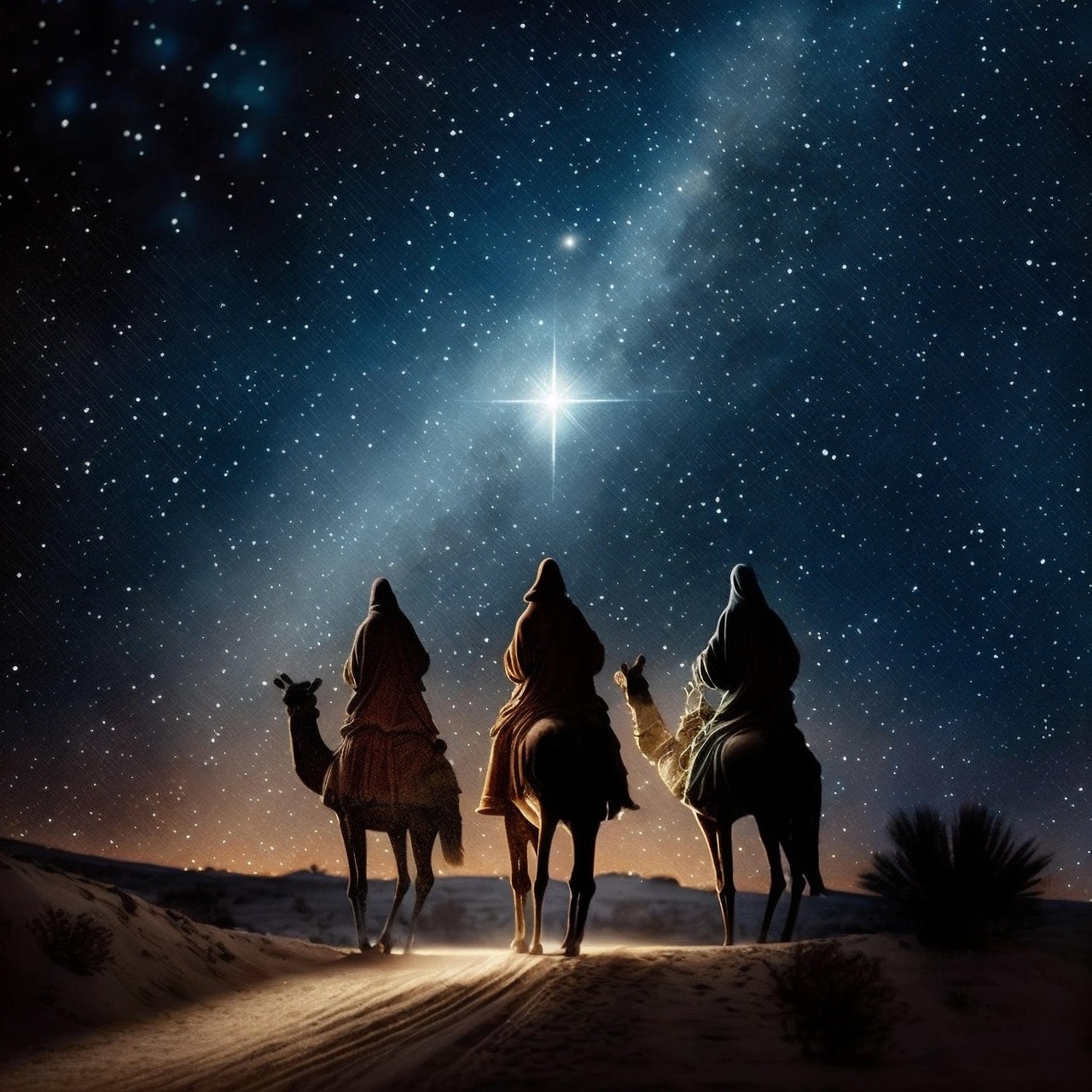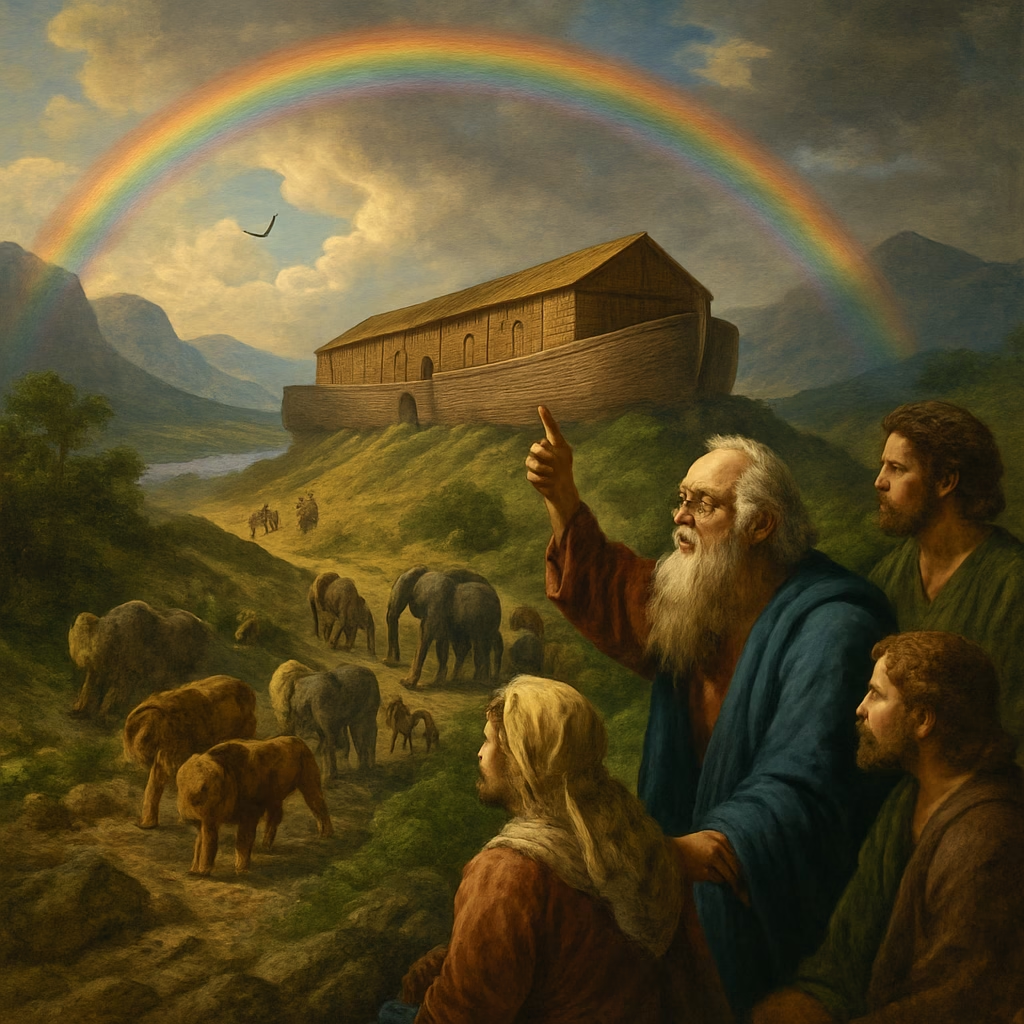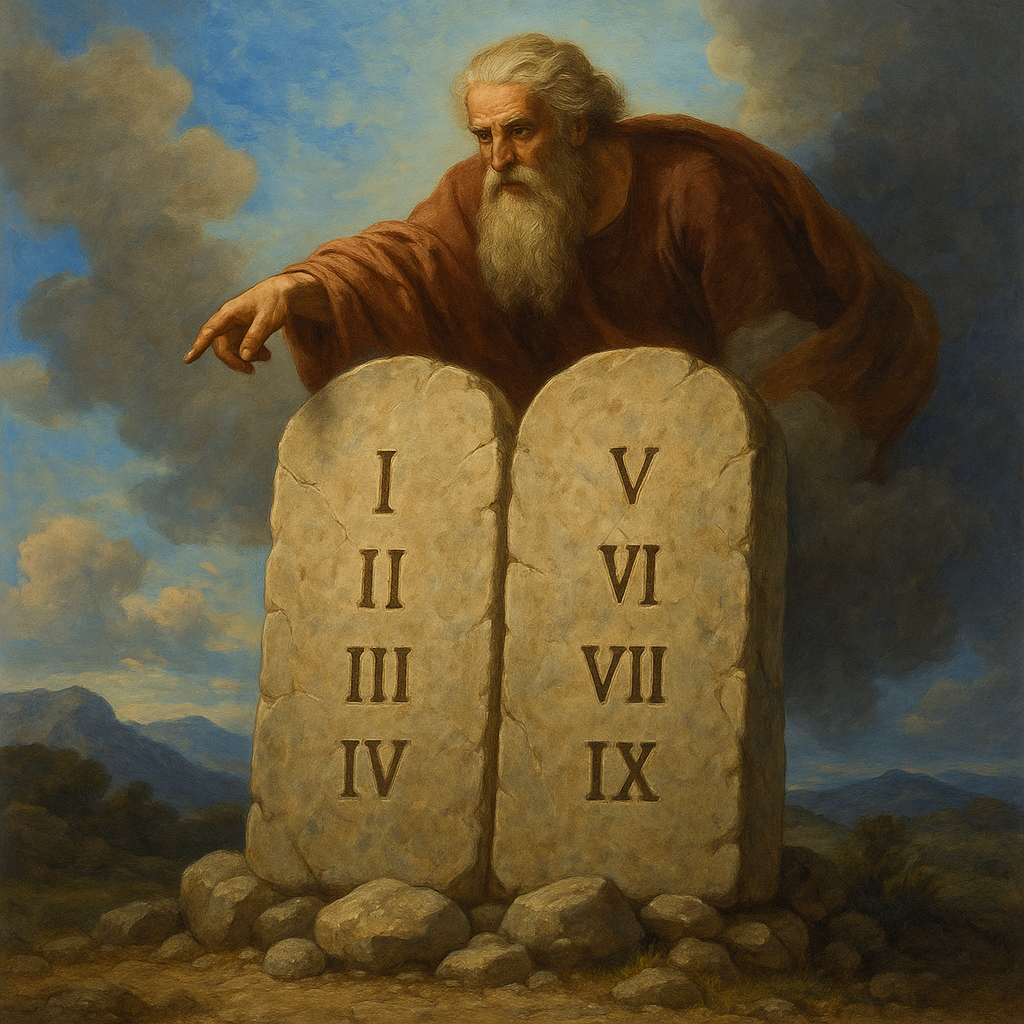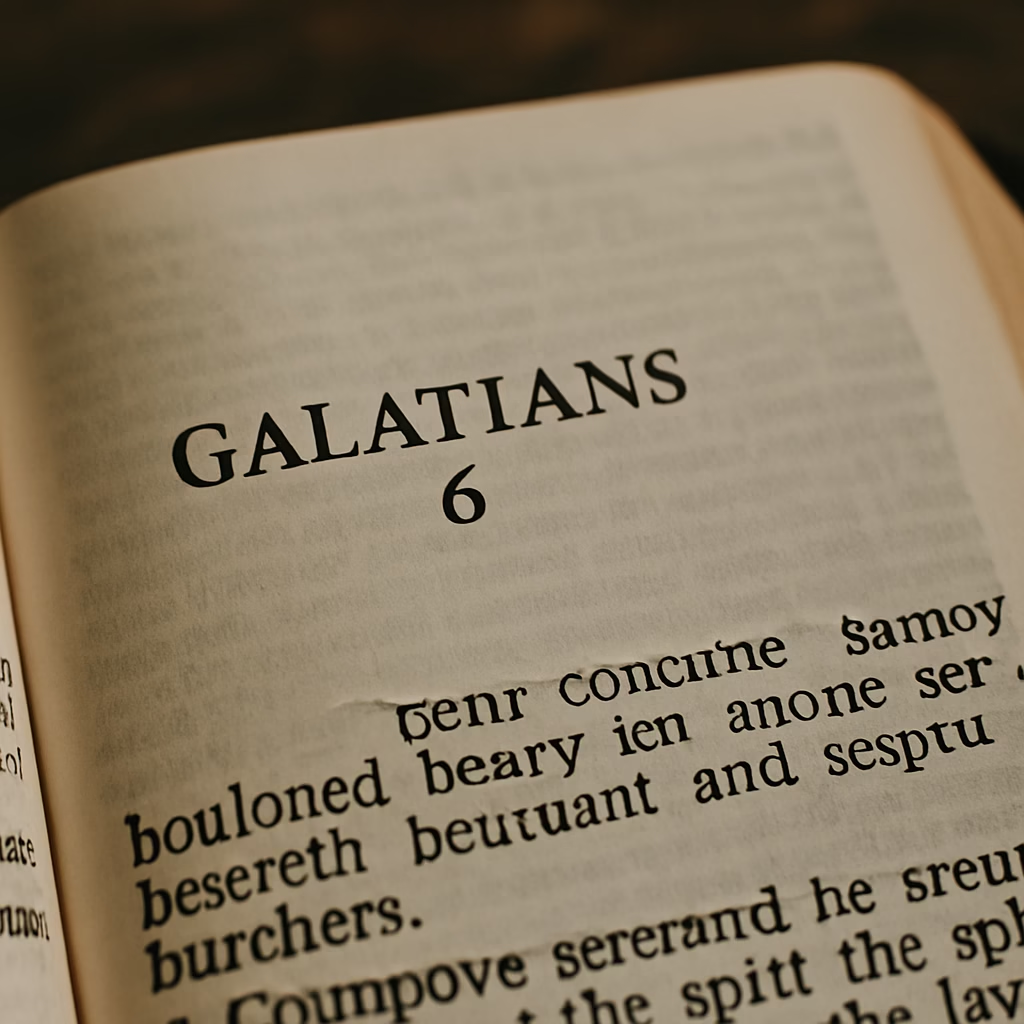Meaning, Names, and Symbolism Explained
The story of the Three Wise Men – also known as the Magi or Three Kings – is one of the most beloved parts of the Christmas and Epiphany narrative. But who were the Three Wise Men in the Bible, really? What do we actually know about them, and why does their story continue to captivate hearts and minds around the world?
This article explores the truth behind the Magi, their symbolic gifts, their mysterious journey, and what their appearance in the Gospel of Matthew means for believers today.
📜 The Biblical Account of the Three Wise Men
The story of the Three Wise Men appears only once in the Bible, in Matthew 2:1–12:
“Now after Jesus was born in Bethlehem of Judea in the days of Herod the king, behold, wise men from the East came to Jerusalem, saying, ‘Where is He who has been born King of the Jews? For we saw His star when it rose and have come to worship Him.'” – Matthew 2:1–2 (ESV)
Interestingly, the Bible never says there were three of them. It only mentions “wise men from the East” and the three gifts they brought – gold, frankincense, and myrrh – which led to the tradition of three kings.
👑 Who Were the Magi?
The word Magi refers to a class of wise men, astrologers, or priests from the East, most likely from Persia, Babylon, or Arabia. They were scholars who studied the stars and ancient texts, often seeking signs of divine events.
Their journey to find the newborn King of the Jews shows a profound example of faith. Despite being Gentiles, they followed a star for hundreds of miles simply to worship Jesus.
🌟 The Symbolism of Their Gifts
Each of the three gifts carries deep theological meaning:
Gold – Symbol of kingship and royalty; it acknowledges Jesus as King.
Frankincense – A spice used in worship, symbolizing Jesus’ divinity and priesthood.
Myrrh – A burial spice, foreshadowing Jesus’ suffering and death.
These gifts were not only valuable but deeply prophetic, speaking of who Jesus was and what He came to do.
📅 When Did the Wise Men Visit Jesus?
Despite modern nativity scenes, the Wise Men did not arrive at the manger on Christmas night. Based on Matthew 2:11, they came to a house, not a stable, and Jesus may have been a few months old. Their visit is commemorated on Epiphany (January 6), a Christian holiday marking the manifestation of Christ to the Gentiles.
🔤 Traditional Names of the Three Wise Men
While the Bible doesn’t name them, Christian tradition has given them names:
Melchior – Representing Europe, bearing gold
Caspar (or Gaspar) – Representing Arabia, bringing frankincense
Balthazar – Representing Africa, offering myrrh
These names appeared in Western Christian tradition around the 6th century and reflect the idea that Christ came for all nations.
✨ Spiritual Lessons from the Magi
The story of the Three Wise Men teaches us:
Faith Requires Action – They left everything behind to follow a star.
True Worship Involves Sacrifice – They gave their best to the Christ child.
God Reveals Himself to Seekers – The Magi were not Jewish, but they were led to Jesus.
Their journey is a powerful symbol of how God draws all people to Himself through His Son.
🎉 How Epiphany Is Celebrated Today
On January 6, many Christians around the world celebrate Epiphany, also known as Three Kings Day. Traditions include:
- Special church services
- Blessing of homes with chalk and the initials “C+M+B” (their names)
- Baking “King Cake”
- Parades and reenactments in Latin America and Europe
🙏 A Prayer Inspired by the Three Wise Men
Lord, just as the Wise Men sought You with open hearts and generous gifts, may we also seek Your presence daily. Help us offer You the treasures of our lives – our time, our talents, and our trust. Guide us by Your light and help us worship You in spirit and truth. Amen.
🧭 Why the Magi Still Matter
The question “Who were the Three Wise Men in the Bible?” goes beyond historical curiosity. It invites us to reflect on how we respond to Jesus. Do we seek Him with intention? Do we recognize Him as King, God, and Savior?
Like the Magi, let us be wise, not just in knowledge, but in worship, obedience, and reverence.







This information is worth everyone’s attention. How can I find out more?